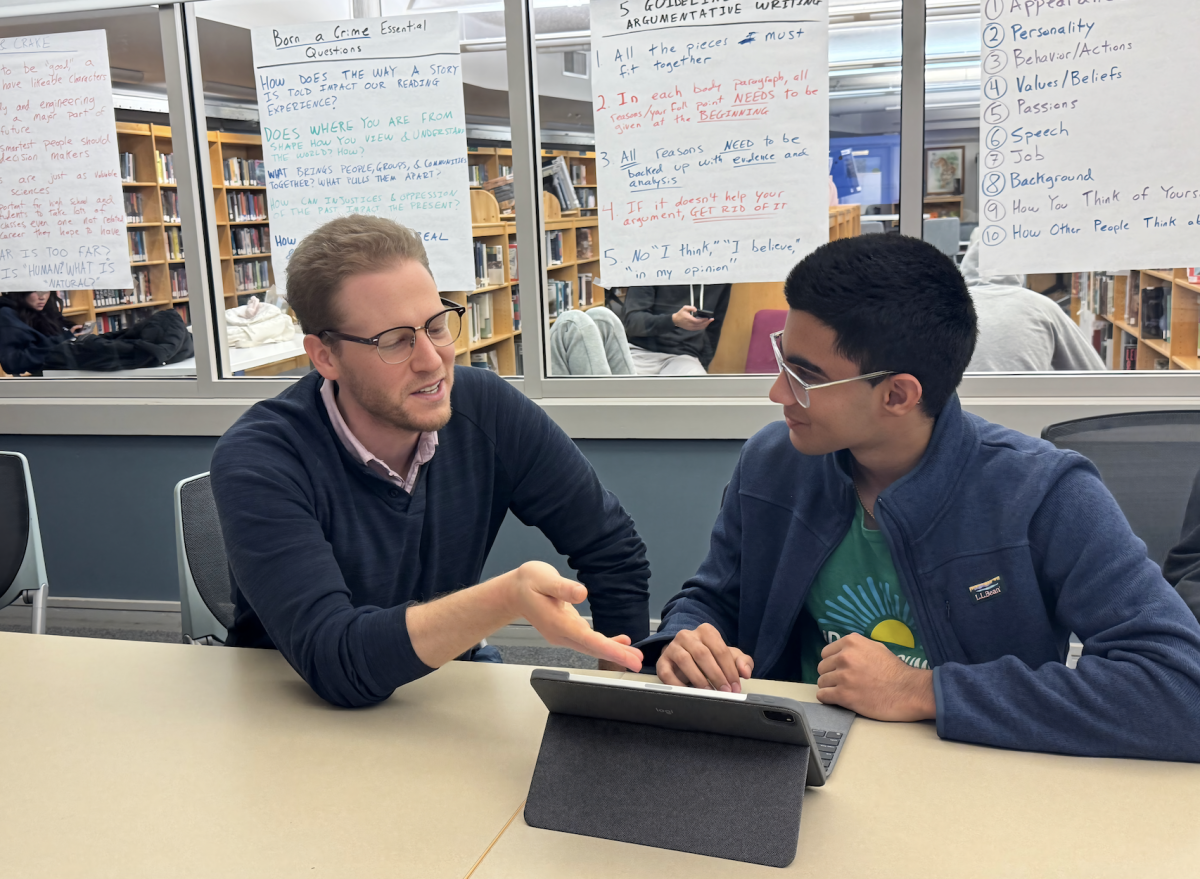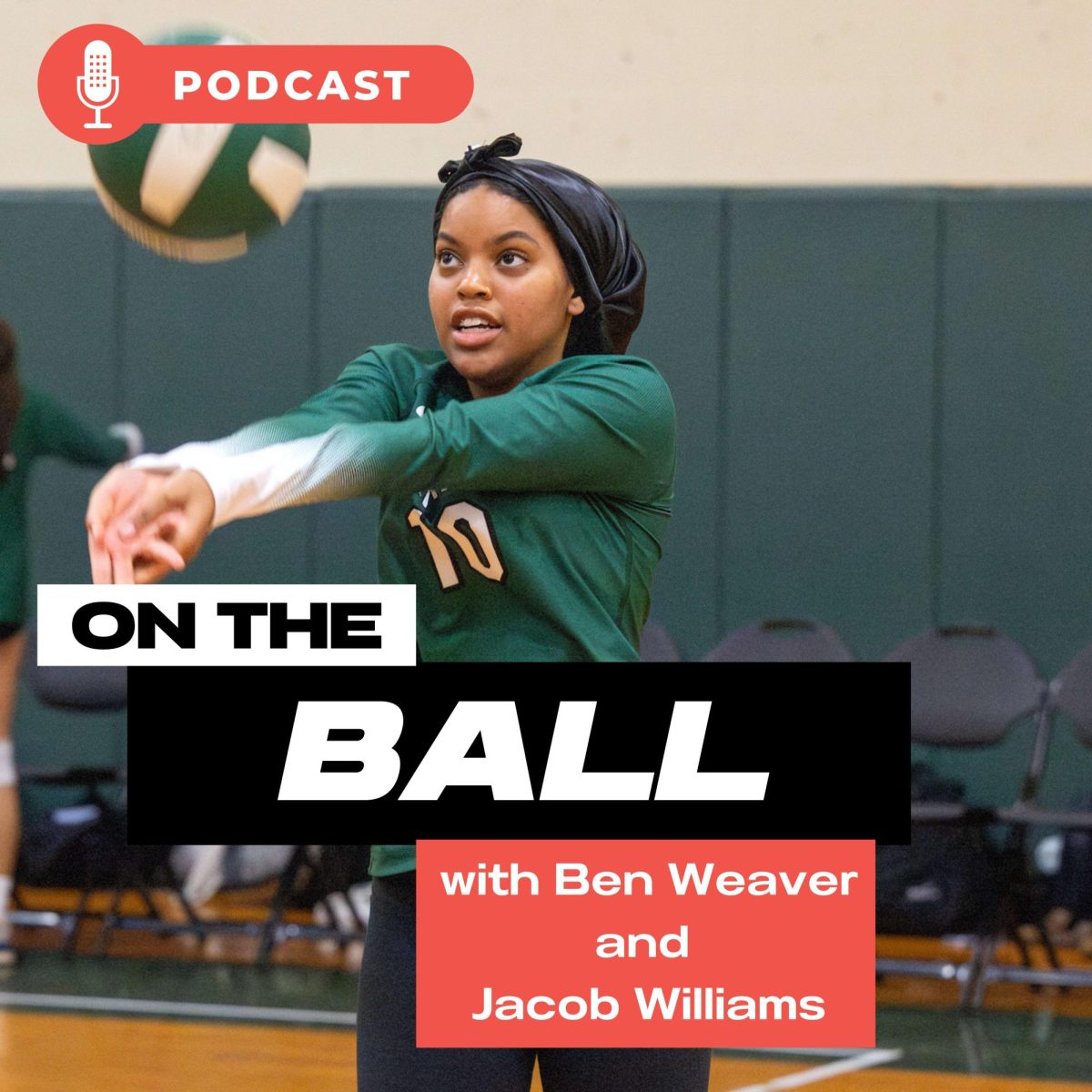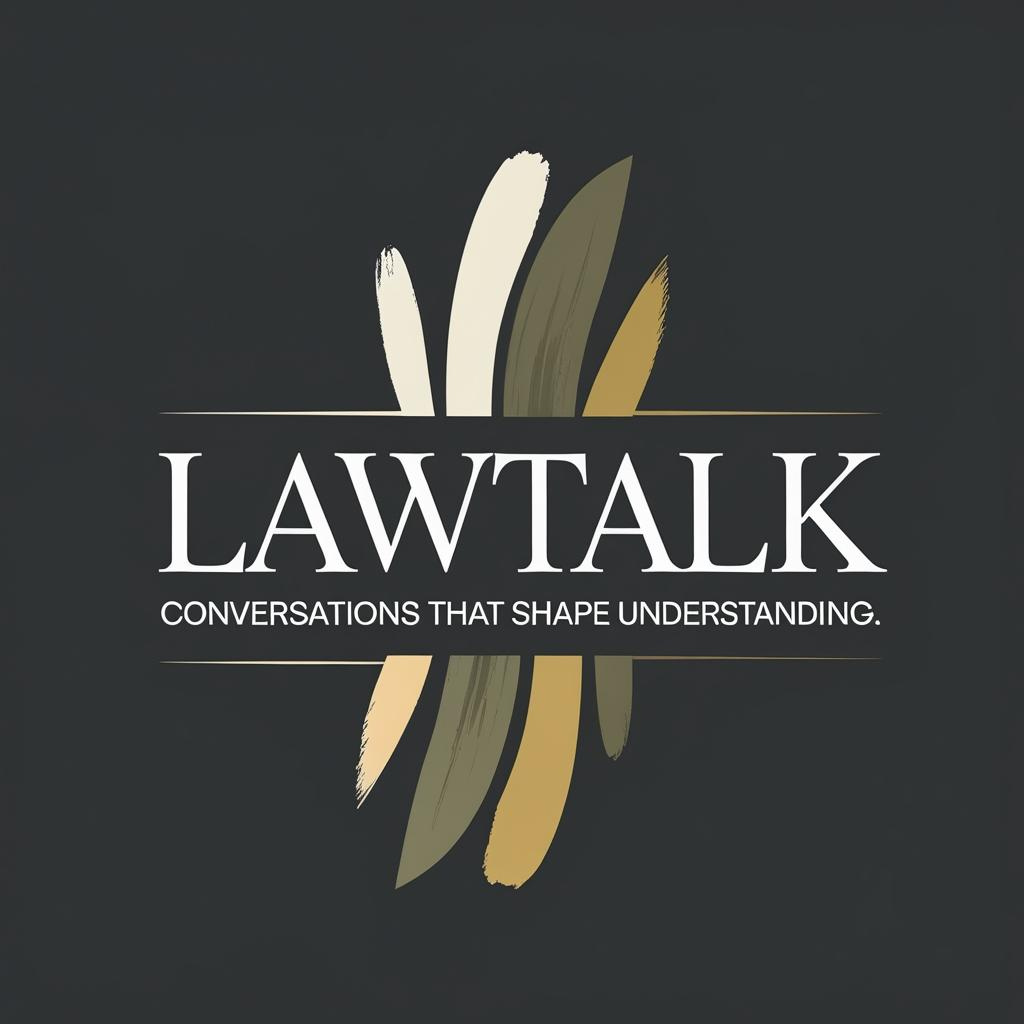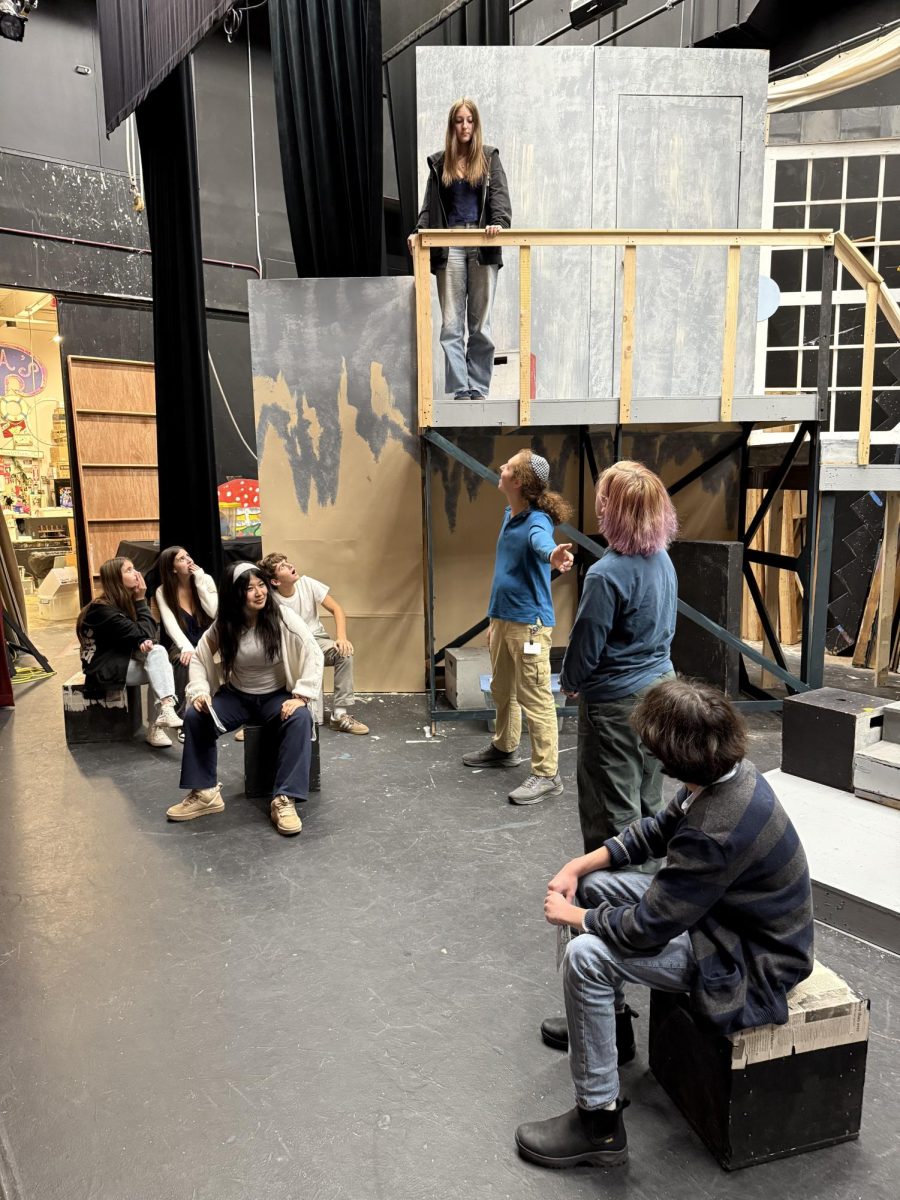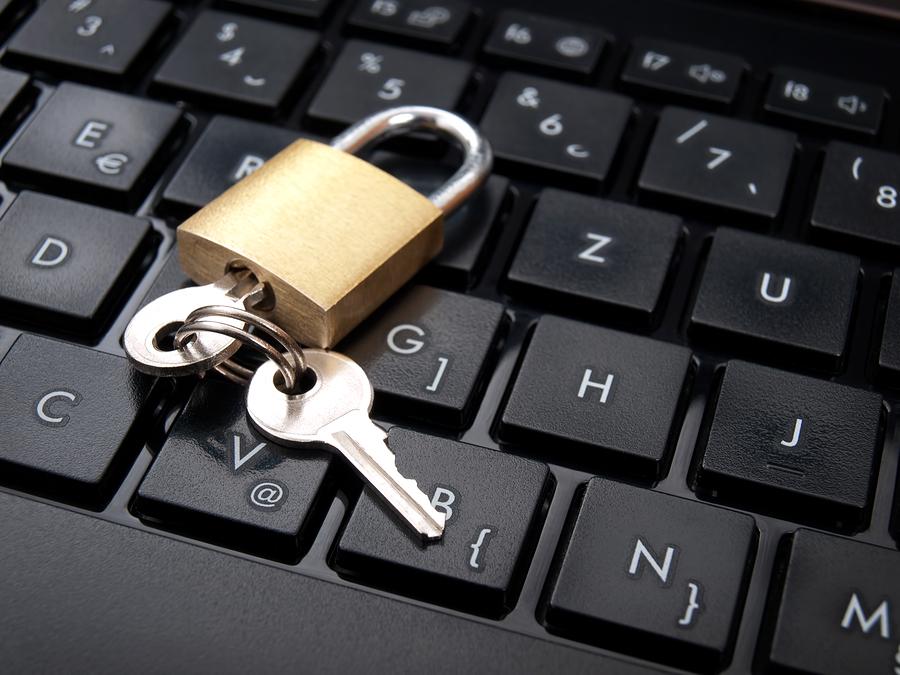The Controversy Behind Web-Filtration
January 13, 2015
Looking to browse Tumblr, check Facebook, Instagram, Snapchat, or log into Gmail during the school day? Well, good luck. Many schools, including ours, use Lightspeed, a Web-filtration system to monitor students’ and teachers’ Internet browsing.
This Web-filtration system, which is controversial here, prevents entry to sites deemed inappropriate—or that are believed to detract from the educational environment.
Appropriate and safe Internet use is important at any school, but some students and teachers feel that Web filtration keeps students and faculty from sites that are, in fact, beneficial to education.
I first spoke with Elizabeth Leeder ’15, who says she isn’t the “biggest fan” of the Web-filtration system.“It blocks Gmail, which is the email colleges contact me at. I understand that a school has to have a way to block certain sites, as the internet is incredibly uncensored. I just wish there was a different way to block those inappropriate sites but still grant us access to various sites we feel are necessary.”
Leeder makes a strong point, and in many respects I agree with her. Why can’t students be trusted with appropriate Internet usage, even in an unfiltered environment? But as I delved more into the topic, I began to change my mind. I tend to agree with Upper School Senate President AJ Naddaff ’15, who sees an unfiltered Web environment as a liability issue for the School.
“There are privacy issues entailed with having a Gmail account that could potentially put the School at risk. For example, if a student’s email address was to be hacked through the Brimmer server, the School could potentially be liable,” says Naddaff.
Technology Department Director Michael Langlois echoes Naddaff’s views. “The reason for the Web-filtration system is two-fold,” he says. “First, we are at school to learn. We don’t see a reason for students to have access to any sites, apps, or videos that will distract or take away from what they are here to do,” says Langlois. The second reason is safety. Our job as faculty is to keep you, the students, safe. Just as we use a keycard to keep everyone in the building safe, we use Web-filtration to keep the Internet access safe, and that is the simplest answer for ‘why Web-filtration?’”
It’s obvious that there is frustration associated with the Web-filtration, but students and teachers should keep in mind that when the dreaded blue page appears on their computer screen, this system has been set in place for the good of the community. I truly believe that. Any blocked sites that students feel they need to access during school can surely wait until they get home. Then again, Internet users can always request access to blocked sites.

